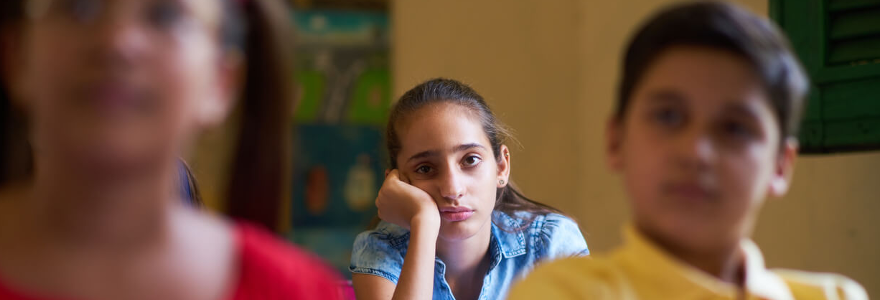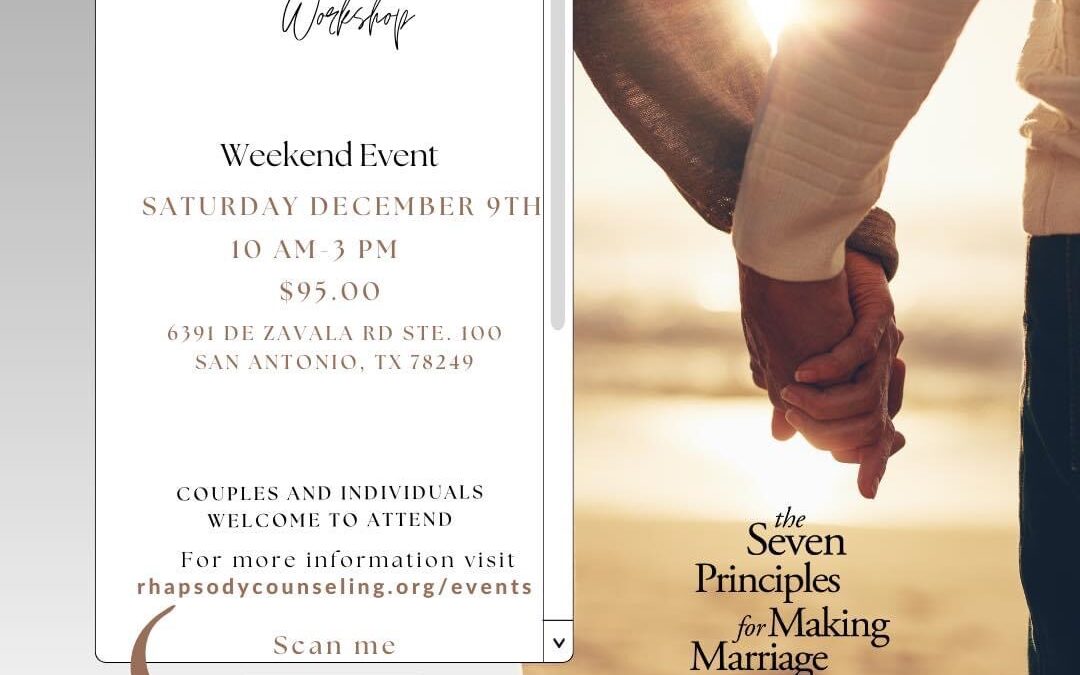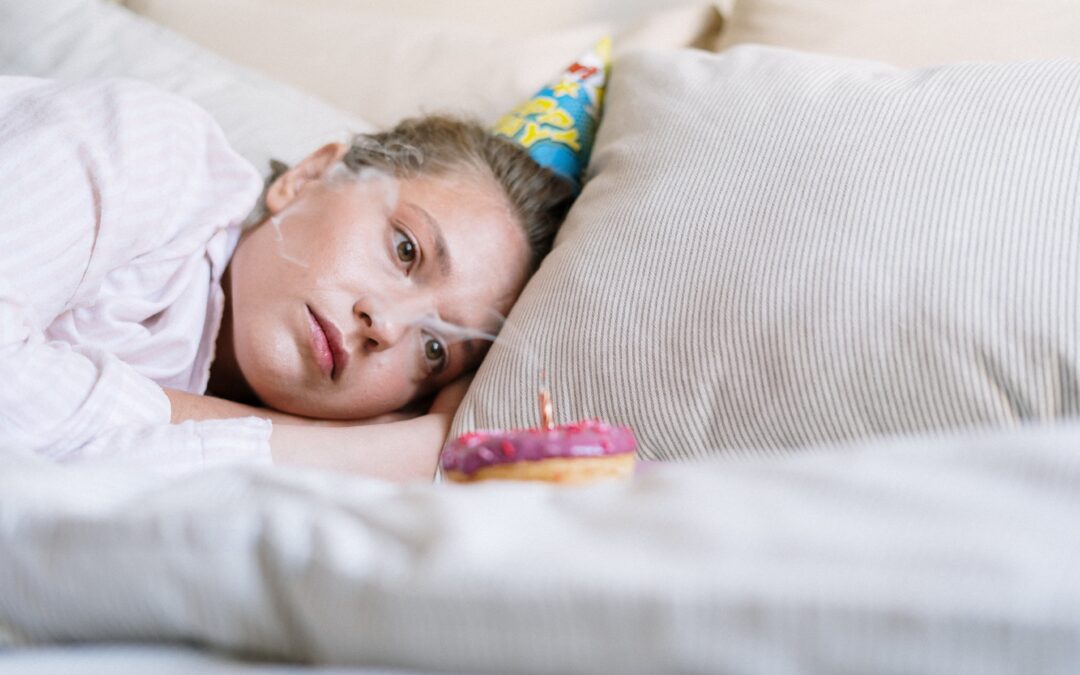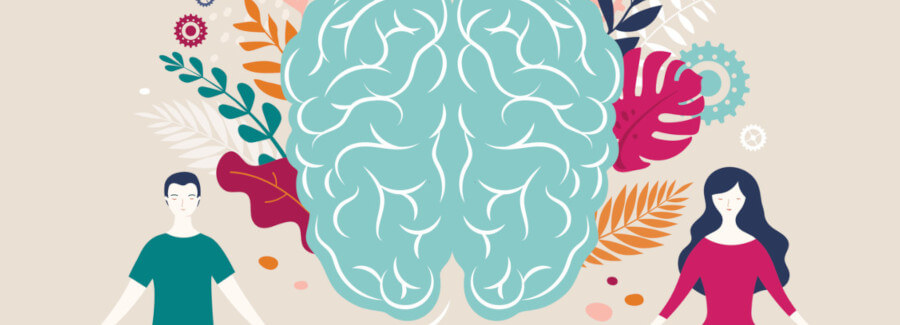Signs of Anxiety in a Child
Experiencing anxiety is a standard part of childhood, and all children have their different phases in their adolescent years. However the difference between a normal phase and a possible anxiety disorder is that phases tend to be temporary and generally harmless. Contrast this with those with an anxiety disorder which involves nervousness, fear, shyness, and avoidance of activities and places that continues on, despite the supportive efforts of teachers, caretakers, and parents.
Signs of anxiety in a child are a result of the “fight or flight” response, a normal response to our body’s sensing of danger. This response triggers chemicals to flood the body affecting breathing, heart rate, muscles and digestion.
Anxiety disorders often reach the level of being chronic and can interfere with how a child functions at school or home to the extent that a child experiences distress, discomfort, and begins to avoid people and or activities.
It’s generally agreed that anxiety disorders are a result of a combination of environmental and biological factors, similar to diabetes and allergies. Though anxiety disorders commonly run in families, not everyone who has an anxiety disorder passes it down to their children. Neither parents or children are at fault, and spotting a pattern consistent with anxiety disorder is not a sign of poor parenting or weakness. Being able to recognize the signs and symptoms of anxiety is an important first step in helping your child.
Physical signs of anxiety in a child
- Frequent complaints of stomach aches or headaches (not medically related)
- Refusal to eat lunch or snacks at school or daycare
- Unwillingness use bathrooms outside of the home
- Bedwetting or regression with potty training
- Behavior seems younger than actual age (not wanting to be in a room alone, sleep alone, avoid people, places or things.
- Is hyperactive, fidgety, nail biting and or restless
- Starts to sweat or shake in intimidating circumstances
- Frequent tensing of muscles
- Has difficulty falling asleep (and or staying asleep)
Emotional signs of anxiety in a child
- Frequent crying
- Being sensitive (very)
- Becomes angry or grouchy seemingly without reason
- Is concerned about making mistakes and errors (even minor)
- Has panic attacks or has fear of the thought
- Worries about matters far in the future,
- During drop-offs (at relatives’ homes, daycare, school,, etc.) is worrisome
- Has nightmares involving losing a loved one
Behavioral signs of anxiety in a child
- Asks “what if?” constantly (about a concern or fear)
- During class time avoids joining in activities
- Refuses to attend school
- Stays inside during common ‘outside time” (alone at lunch or recess)
- Avoids socializing with other kids (parties, etc)
- Frequently seeks approval from parents and teachers, caregivers, and friends
- Has a habit of having tantrums or meltdowns
Here is a list of things to try in helping a child cope with anxiety:
- Select a calm-down spot that’s a safe space allowing your child to take a breather.
- Teach your child deep breathing and mindfulness exercises.
- Provide your child art projects like painting, drawing, and crafting.
- Help your child recognize and conquer negative thoughts.
- Allow your child to learn “journaling” and expressing their feelings.
- Read books together involving characters dealing with anxiety that your child can identify with.
If you’re concerned that your child might have an anxiety disorder, discuss your concerns with your child’s primary care provider or pediatrician. They can be helpful in assessing the severity of the matter and recommend a mental health clinic specializing in the diagnosis and treatment of anxiety in children.
It’s helpful to know anxiety affects people of all ages and 7% of children aged 3 to 17, have been diagnosed with anxiety, according to the Centers for Disease Control and Prevention (CDC). If you would like a more personalized conversation on what you’re observing with your child, we’re here for you. Let’s have that conversation and for a deeper dive in understanding Anxiety, visit our Anxiety Counseling page by click here.











